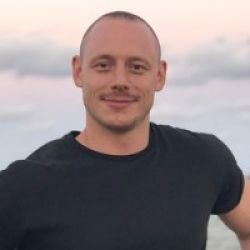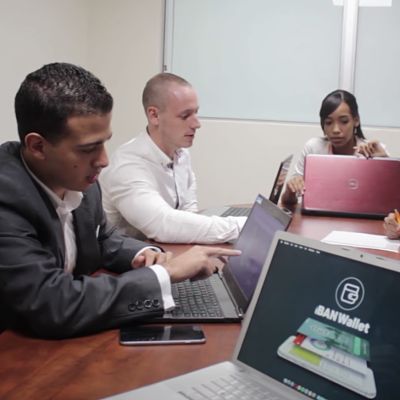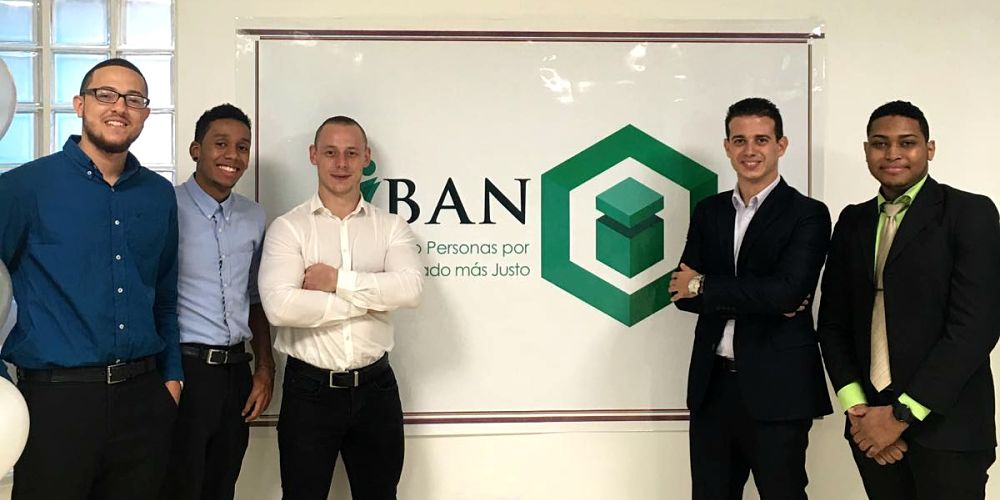Marc-Anthony Hurr: How engineering mathematics gave me the perfect skill set for fintech
Marc-Anthony Hurr tells us how his engineering mathematics course at the University of Bristol led him to co-found a global business.

I’m an entrepreneur, Director and Chief Technology Officer at IBAN.
Our company specialises in fintech and it was while studying at Bristol University that I met Daniel Suero Alonso who’s the CEO. We’ve been in business together for five years now.
IBAN is already a very large global institution with several hundred employees. As one of the founding partners, I’m involved in extremely high-level decisions. Day to day, my role combines legal and technological responsibilities.
When we started up the company there was zero salary but three or four years later I was able to help my parents pay off the loans on their house. That’s possibly my biggest achievement.
Where did engineering mathematics come in?
Engineering mathematics at Bristol University is one of the few and possibly the only course with this particular fusion of engineering, modelling and programming. It gave me the expertise to define the financial models upon which the company was based. Although my co-founder is a financial expert, he didn’t know how to convert that knowledge into formulas, turn the formulas into code and use that code to create websites. That’s where I came in.
Find out more
What is engineering mathematics?
Undergraduate courses
Connecting students with industry
The mathematical modelling that’s a key element of the course made it all possible. It enabled us to plan how we were going to generate loans, make payments and project default and risk. I had the skills in programming languages to implement the first versions of our websites and models. I don’t know where else I could have gained that key knowledge. Being a co-founder who could actually bring that to the table made all the difference. We’re basically a mathematical modelling consultancy, so I still use engineering maths every day. It was a really relevant degree and helped me jump straight into industry.
Where does the international perspective come from?

The course I chose included a year studying abroad. I went to Seville in Spain and it changed my life. Without that opportunity, I wouldn’t be where I am now. It was essential to my development and a central part of who I am today.
From the very beginning, it has been my objective to take on this project, start this company and take it to the pinnacle. We may decide to float the company on the stock market for example. I hope to dedicate eight years or more of my life to this and give it everything. I’m a firm believer that you should do one thing at a time and take it to the end. Then when you’re done, perhaps take a step back and decide what you want to do next.


